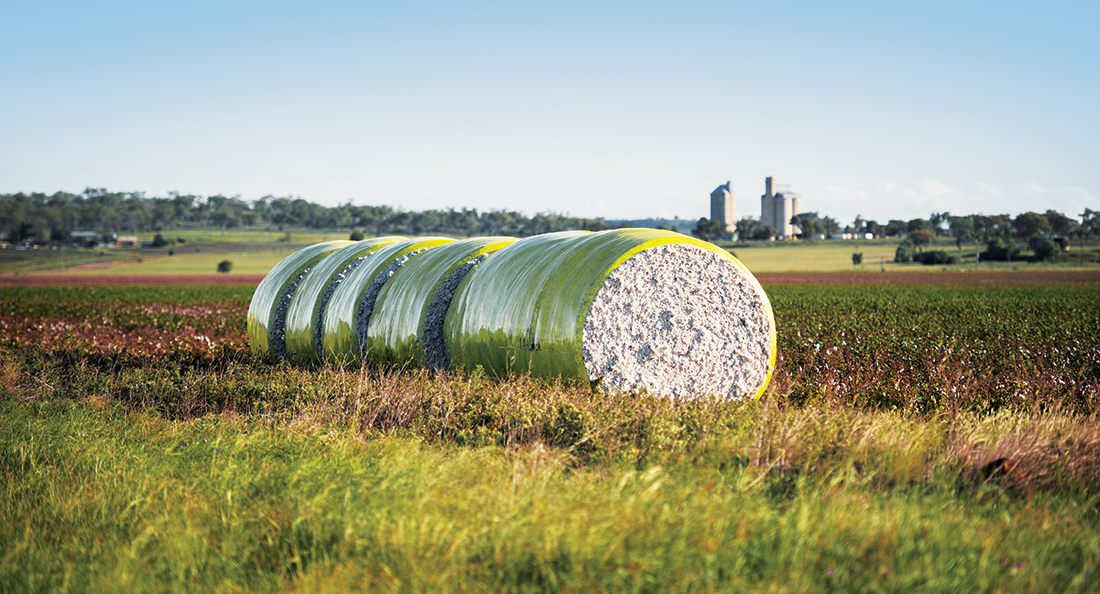Central West New South Wales is the heart of what is known as ‘the food bowl’ or wheat belt region of Australia, and a hub of production for some of Australia’s most valuable agricultural commodities.
Therefore, it’s not surprising that BSC has a strong presence in the surrounding area as an industrial solutions provider to many of the key producers of flour, starch, bakery mix, and sugar products supplied to domestic and export markets.
“An ever-increasing demand for flour and sugar products has placed a tremendous amount of pressure on Australian food producers and means operations are constantly working to improve the performance and efficiency of their factory equipment,” says BSC’s Matthew Byrnes – Business Development Specialist for the Food and Beverage sector.
With production lines running around the clock to keep up with demands, food producers cannot afford any production downtime, therefore we look at applications to improve efficiencies whilst minimising labour time and regular maintenance with a fit and forget approach where possible.
“We have an understanding of the pressures and demands our customers are under,” explains Matthew, “this is why we look for solutions which sets us apart and ensures we are the market leaders in our field.”
“From the moment wheat or sugar is harvested, it becomes perishable, and time is of the essence for processing it into product that is ready for store. But if a production line is down, and a batch of product is lost or delayed, that could be the difference between a retail outlet shelf being stocked with product.”
So, when an Australian owned national producer was encountering drive issues on one of their main conveyor line applications, Matthew instantly knew who to contact for a solution that would allow the customer to maintain the demands whilst removing the risk of production downtime.
Matthew notes that on power transmission applications for food processing, implementing a ‘set-and-forget’ solution is critical to keeping up productivity.
He was quick to recommend that the customer convert each of their facilities’ standard belts to a Gates® Poly Chain® GT® Carbon™ Belt – a particular favourite amongst food and beverage producers due to its 400% greater load capacity compared to a standard rubber timing belt and high resistance to washdown cycles.
The customer agreed and the belt was successfully implemented across the site with positive results. Matthew attributes the success in part to BSC’s exceptional industry knowledge and capabilities, but also due to the ingenuity of the Gates Poly Chain® GT® Carbon™ Belt design.
Developed by Gates’ materials engineers, the Gates Poly Chain® GT® Carbon™ Belt is a light weight, synchronous, energy efficient alternative to traditional roller chain.
The unique design consists of a tough polyurethane exterior, a tailored curvilinear tooth profile, and reinforced in the middle with carbon fibre tensile cords for more carrying capacity and resistance to fatigue.
In addition to the belt’s robust design and ease of maintenance, the Poly Chain® GT® Carbon™ can also conveniently be coupled with some stainless-steel sprocket and bushings for a genuinely all-in-one high performance drive solution.
“The Poly Chain® GT® Carbon™ Belt has tested to be 97% lighter than roller chain and it operates in near silence – which is a plus for employees responsible for operating and handling the equipment parts and components,” enthuses Matthew.
“Incredibly, the belt requires next to no maintenance,” he furthers. “It doesn’t stretch or rust with time. So, once it is set, it won’t require lubrication or re-tensioning – making it ideal for eliminating maintenance costs.”
Gates are the global leader for this style of belting, and they are a strategic partner to BSC in supplying these products to the food and beverage sector.
“The current range of Poly Chain® GT® Carbon™ belts are the latest generation of this type of belt from Gates because they continuously make improvements to the design of these products,” says Matthew.
“Gates are known for their extensive research and development in the area of materials science, which I think is evidenced by the superior quality of the products they design.”
Matthew and his team at BSC work closely with their customers in the food and beverage sector to establish areas on their site that may benefit from implementing more efficient solutions like the Gates belts.
“We encourage our customers to share their concerns or problem applications, enabling us to make a hands-on assessment, and discuss all of the options we have in terms of supplying a solution,” he concludes.
“From there, we can liaise with our technical department and strategic supply partners to ensure that our customers will always have access to the latest technologies and components necessitated by their equipment to improve their efficiencies.”




